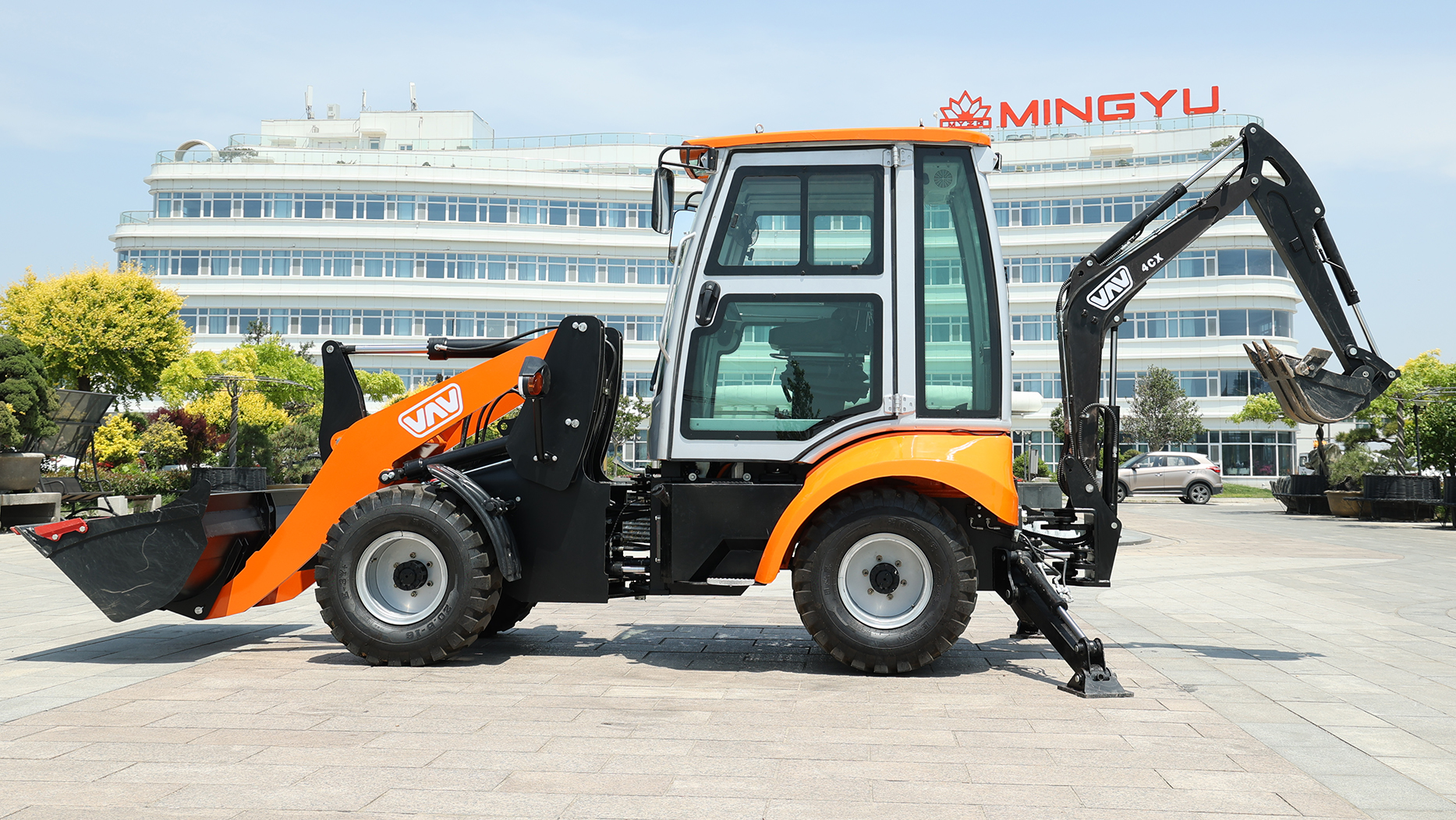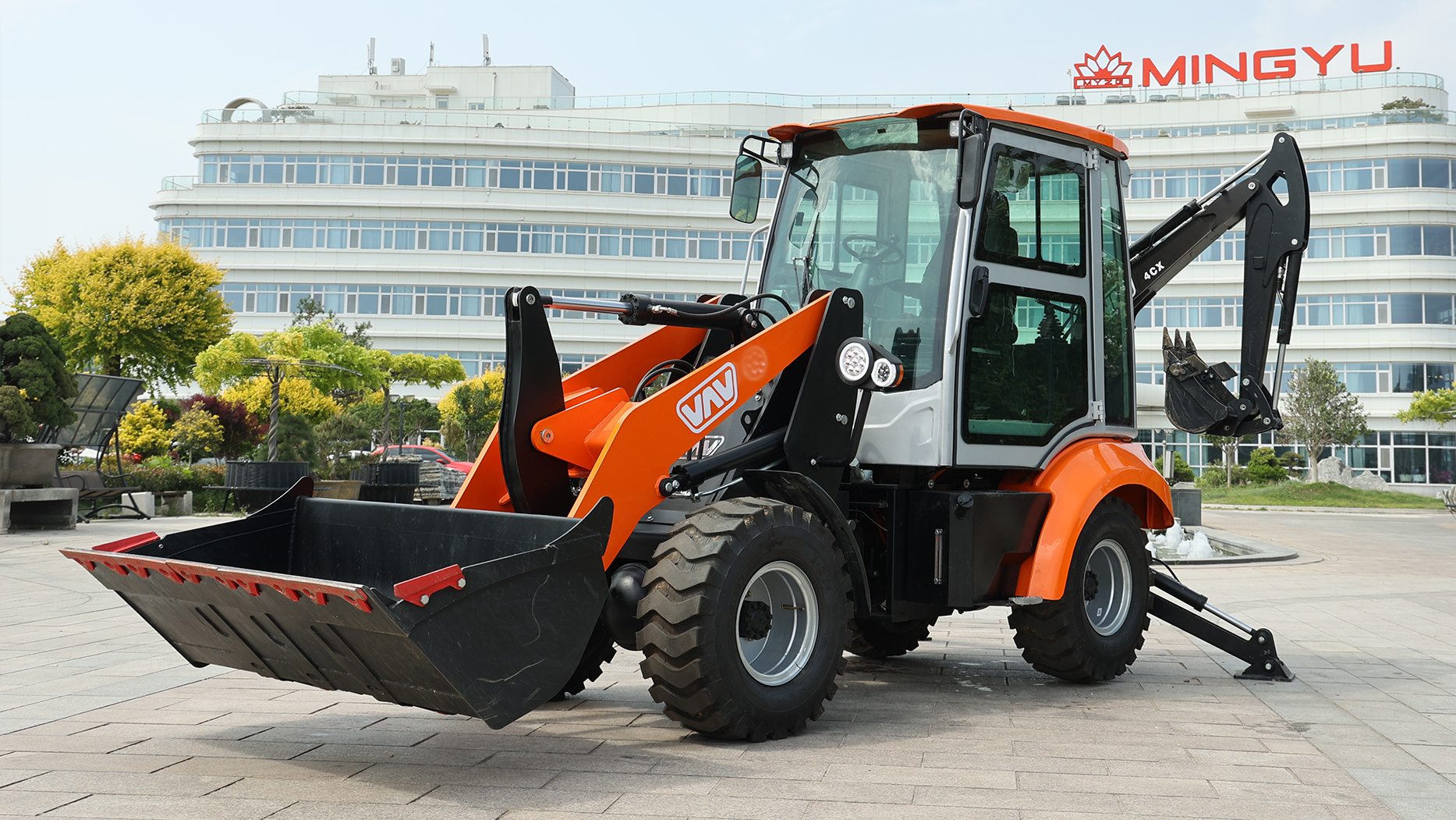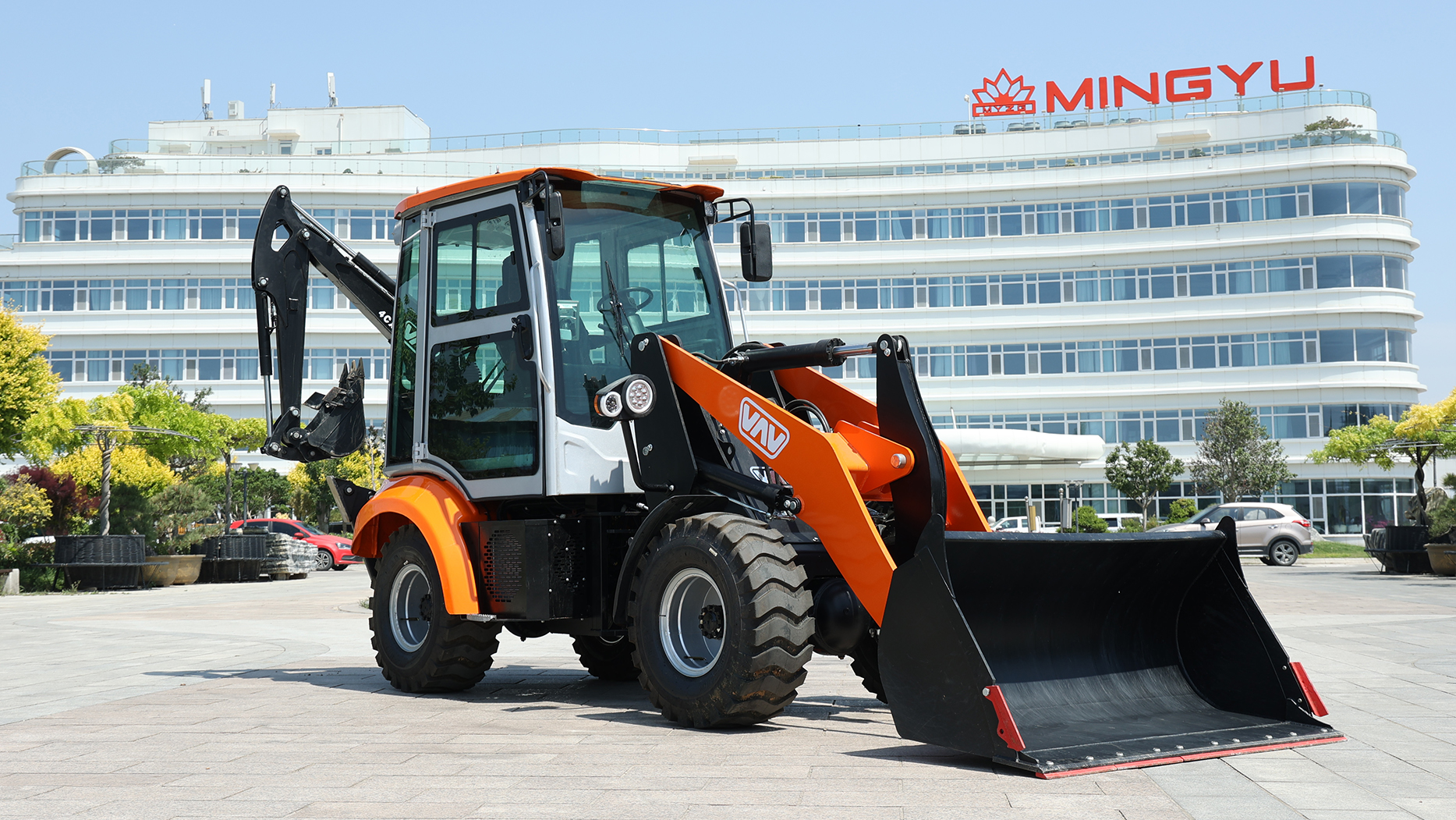While commonly associated with personal care, in the realm of industrial equipment and machinery maintenance, TLC stands for "Tender Loving Care". It's more than just a catchy phrase; it's a philosophy of meticulous, proactive, and comprehensive attention to your valuable heavy equipment. It signifies going beyond basic checks to ensure every component receives the precise care it needs to operate reliably, efficiently, and safely for years to come.
we believe that applying TLC to your machinery is not just a best practice – it's the cornerstone of a successful operation. This detailed guide will explore what "Tender Loving Care" truly means for your heavy equipment, outlining the principles, benefits, and how our services embody this critical approach to maintenance.
The TLC Philosophy: Going Beyond Basic Maintenance
"Tender Loving Care" for heavy equipment isn't just about changing oil when the light comes on. It's a holistic approach that encompasses:
Proactive Vigilance: Regularly inspecting every inch of the machine, listening for unusual noises, feeling for excessive vibrations, and observing for any subtle changes that indicate a developing issue. It's about spotting potential problems before they lead to costly breakdowns.
Meticulous Attention to Detail: Ensuring every fluid level is precise, every grease point is properly lubricated, every fastener is tightened to spec, and every filter is clean. No detail is too small when it comes to preventing wear and tear.
Preventive Action: Adhering strictly to manufacturer-recommended service schedules, performing routine replacements of wear parts, and conducting comprehensive system diagnostics before issues manifest.
Skilled Expertise: Entrusting your machines to trained technicians who possess deep knowledge of complex hydraulic, electrical, and mechanical systems, capable of identifying root causes and performing precise repairs.
Quality Components: Using only genuine OEM (Original Equipment Manufacturer) or high-quality aftermarket parts and fluids that meet or exceed manufacturer specifications, ensuring optimal performance and longevity.
Cleanliness and Organization: Keeping the machine clean, both externally and internally, prevents dirt and debris from causing premature wear, obscuring potential leaks, and hindering efficient operation. A clean machine is often a well-maintained machine.

What TLC Looks Like for Your Heavy Equipment Fleet
Implementing a TLC approach translates into specific, actionable maintenance practices:
I. Daily / Pre-Operation TLC (Operator Level):
Walkaround Inspections: Before every shift, operators conduct a thorough visual check:
Fluid Levels: Engine oil, hydraulic fluid, coolant, transmission fluid, brake fluid – checked for correct levels and contamination.
Tires/Tracks: Pressure (for tires), condition (cuts, bulges, excessive wear), lug nuts, track tension.
Leaks: Any signs of oil, fuel, or fluid leaks.
Hoses & Belts: Condition, tension, and routing.
Attachments: Wear on cutting edges, teeth, forks; secure mounting.
Structural Integrity: Cracks, dents, loose fasteners on chassis, boom, mast, articulation points.
Safety Features: Lights, horn, backup alarm, seatbelts, mirrors.
Cab Cleanliness: Ensuring clear visibility and functional controls.
Listening and Feeling: Paying attention to unusual noises, vibrations, or changes in how the machine handles.
Reporting: Promptly reporting any abnormalities, no matter how minor, to maintenance personnel.
II. Scheduled TLC (Technician Level - Preventative Maintenance):
Routine Fluid & Filter Changes: Adhering strictly to manufacturer-recommended intervals (e.g., 250, 500, 1000, 2000 hours) for engine oil, hydraulic oil, transmission fluid, fuel filters, air filters, etc. This is the lifeblood of your machine.
Comprehensive Lubrication: Greasing all pivot points, pins, bushings, and bearings to reduce friction and prevent premature wear. Using the correct type and amount of grease.
System Diagnostics: Periodically connecting diagnostic tools to the machine's onboard computer to check for fault codes, sensor readings, and system performance.
Component Inspection & Adjustment: Thorough inspection of brakes, steering components, drivelines, electrical connections, and cooling systems. Adjusting belt tension, valve clearances, and other parameters as needed.
Fluid Analysis: Taking samples of engine oil, hydraulic fluid, and transmission fluid for laboratory analysis. This proactive measure can detect wear metals, contaminants (water, dirt, fuel), and fluid degradation before they cause catastrophic failure, allowing for predictive maintenance.
Battery Care: Checking electrolyte levels (for lead-acid batteries), cleaning terminals, and testing charge cycles.
Cooling System Maintenance: Inspecting radiator fins for debris, checking hoses and clamps, and ensuring proper coolant mix and condition.
 Restorative TLC (Beyond Wear & Tear):
Restorative TLC (Beyond Wear & Tear):
Addressing Wear Parts: Replacing wear items (e.g., bucket teeth, cutting edges, brake pads, hydraulic hoses) before they fail completely and cause secondary damage.
Component Overhauls: Planning for major component overhauls (e.g., engine, transmission, hydraulic pump) based on hours of operation or performance degradation, extending the machine's overall economic life.
Structural Repairs: Promptly repairing any frame cracks, boom damage, or other structural issues identified during inspections.
The Undeniable Benefits of TLC for Your Fleet
Embracing the TLC philosophy for your heavy equipment yields significant returns:
Maximized Uptime: Proactive maintenance dramatically reduces unscheduled breakdowns, keeping your machines in operation and your projects on schedule.
Extended Lifespan: Regular care and timely replacement of wear parts significantly prolong the operational life of your valuable equipment, delaying the need for costly replacements.
Optimized Performance & Efficiency: Well-maintained machines operate at peak performance, consume less fuel/energy, and deliver consistent power, directly impacting productivity.
Enhanced Safety: Properly functioning brakes, steering, hydraulics, and structural integrity minimize the risk of accidents and create a safer working environment for operators and ground personnel.
Reduced Operating Costs: Preventing major failures saves money on expensive emergency repairs, towing, and lost productivity. Improved fuel efficiency also contributes to lower running costs.
Higher Resale Value: A machine with a documented history of consistent and thorough TLC will command a higher resale value when it's time to upgrade or sell.
Environmental Responsibility: Properly maintained machines run cleaner, reducing emissions and minimizing the risk of fluid leaks.
Compliance: Adhering to maintenance schedules helps ensure compliance with warranty terms and regulatory requirements.
 Conclusion: TLC – The Investment That Pays for Itself
Conclusion: TLC – The Investment That Pays for Itself
So, what does TLC stand for? In the demanding environment of heavy equipment, it stands for Tender Loving Care – a commitment to meticulous, proactive, and expert maintenance that elevates your machines from mere tools to reliable, long-term assets.
we don't just sell or service equipment; we partner with you to ensure your machinery receives the ultimate TLC. Our certified technicians, comprehensive service plans, and genuine parts are all dedicated to helping you achieve maximum uptime, extend the life of your fleet, and unlock the full potential of your investment. Embrace the power of TLC and transform your heavy equipment maintenance from a reactive chore into a strategic advantage.
Post time:May.29.2025
